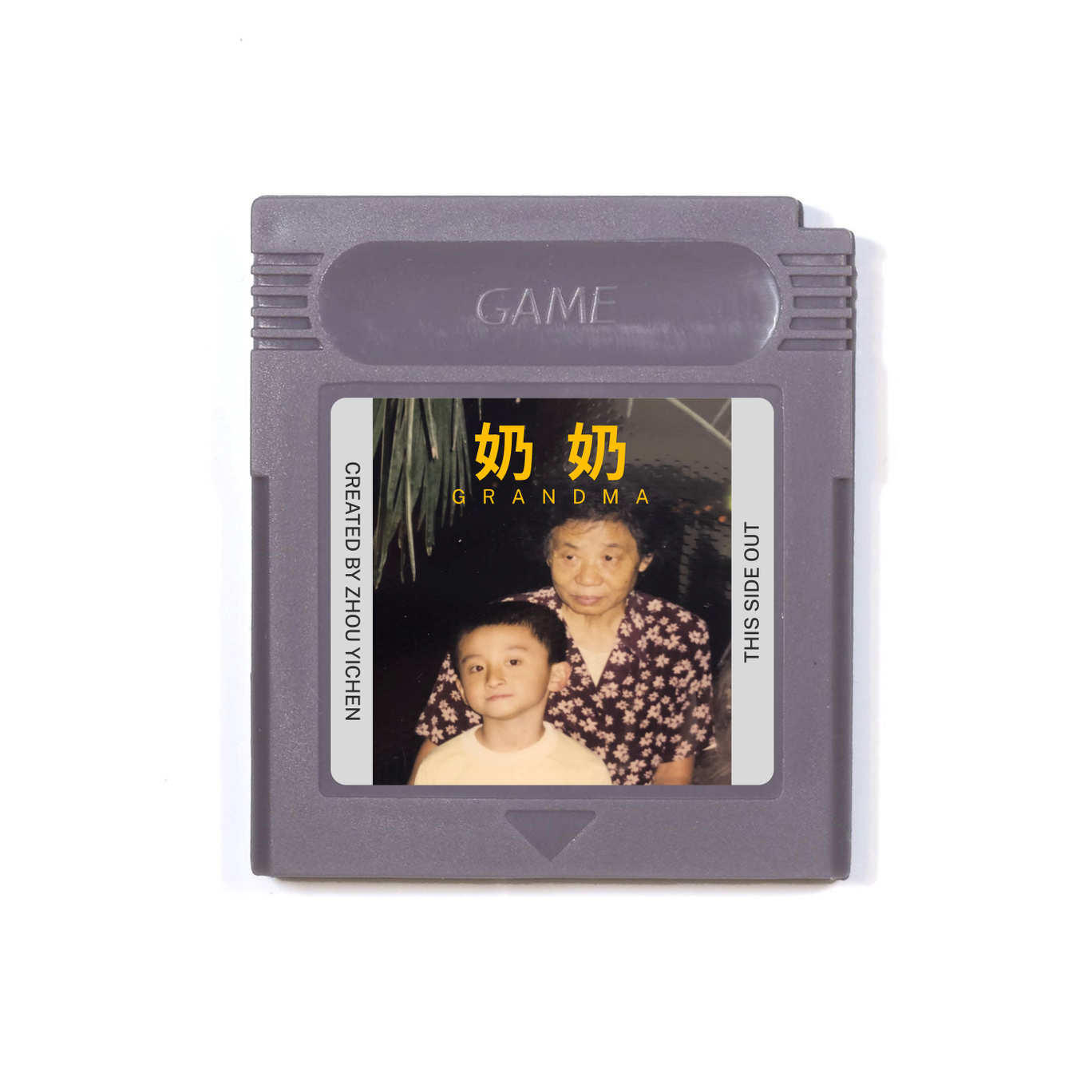Lingering in bed until lunchtime or staying up late to play mobile games is becoming far too common among young Chinese students. But the recent case of a 13-year-old schoolboy in Hangzhou takes gaming addiction to a whole new level.
Inside Children’s Hospital Zhejiang University School of Medicine, Mr. Zhang, the boy’s father, told the reporters the story. Last Thursday, when he came home after work, he found his son, Maomao, had spent the previous three hours playing the mobile game King of Glory (basically League of Legends) instead of reviewing lessons for the next day’s exam. Failing to contain his fury, he scolded Maomao sharply. The boy, surprisingly, leapt impulsively from the balcony of their fourth-story home, fracturing both his patella and thighbone.
But while Mr. Zhang was badly worried about his son’s health, Maomao demanded his father fetch his smartphone, as he urgently wanted to log back in to the game. He’s expected to be bedridden for weeks.
Maomao is just one of millions of game addicts. (According to some estimates, more than 24 million Chinese between the ages of 13 and 29 are digital addicts.) And King of Glory, published by Tencent in November 2015, has done its share to increase those numbers, as it counts more than 200 million players, with the daily active user count around 80 million. In addition, research indicates that students made up nearly 60 percent of the players — and the average age appears to be getting lower.
In light of increasing numbers of students getting lost in mobile games, psychologists and educators are suggesting that parents take more responsibility in supervising their kids. Others, however, believe that offering “direction” is more beneficial than “blockage.” In their eyes, there are two principal reasons for why students feel a special attachment to phone games. First, primary and middle school students are at an age when their self-awareness begins to take hold, which means they are eager to test self-constructed identities by immersing themselves in a virtual environment. Second, popular games such as King of Glory have transformed into a social phenomenon, which means students play these games not just for the action, but because their peers do.
All in all, the trend is a big concern, and some schools are taking action. As Shanghai Daily reports:
Wang Yang, headmaster of Shanghai Caoyang No.2 High School, said his school has banned playing online games on campus.
“We have told all students that such behavior will be recorded in the comprehensive evaluation system, which will be used in applying for universities,” he said. The headmaster called for legislation to fine game producers and operators for allowing teenagers to register and play games.
You can download the game here. But be careful. You’ve been warned.



















